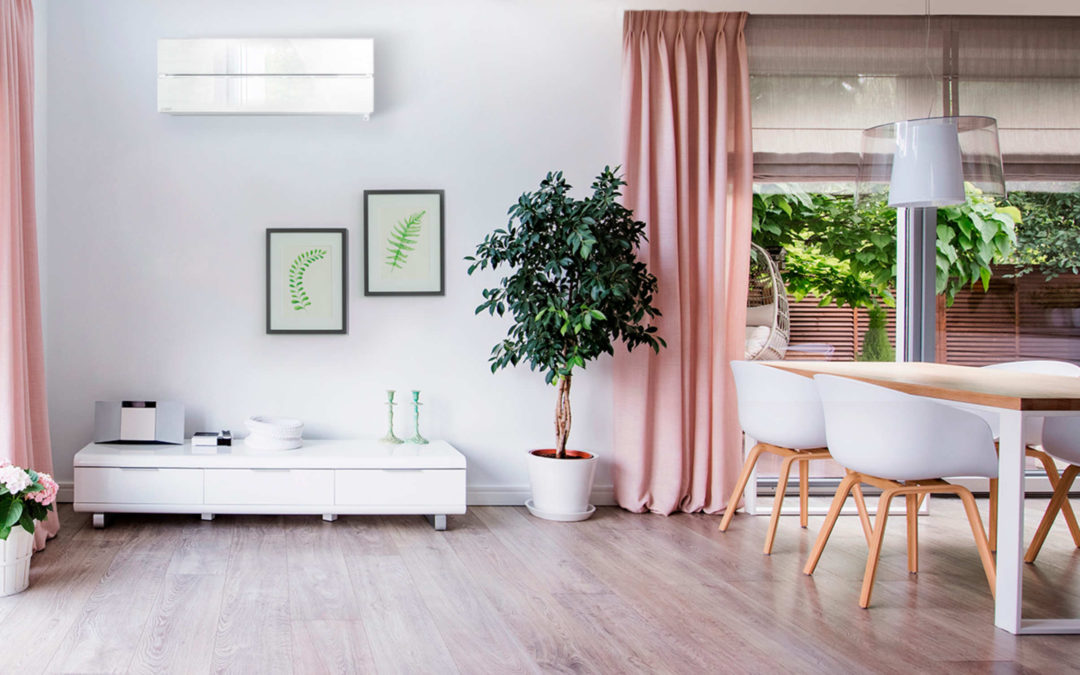Lower Your Energy Bills By Installing A Heat Pump In Your Home In Auckland
Whether you live in a warm climate, a cool one, or one that has four distinct seasons, you probably care about keeping your home’s interior climate comfortable year-round. Unfortunately, staying cool in the summer and warm in the winter can get expensive. Your air conditioner and furnace may have to work overtime in order to keep your home at the right temperature when you’re experiencing extreme weather outside. In this case, one should consider installing a heat pump in Auckland to enhance or replace your existing heating and cooling system.
The working mechanism of a heat pump:
Unlike air conditioning systems and furnaces, which use energy to create cool or warm air, they merely move existing warm air around. In the winter, they can pump warmth from outside into your home, and in the summer they can do the reverse, sucking warm air out of your house to keep it cool. Heat pumps can be air-sourced, water-sourced, or ground-sourced, meaning that they can pull exterior warmth from the air, from water being heated at a remote location, or from water being pumped through pipes underground, where the temperature is constant even in the depth of winter.
Keep in mind some major benefits of heat pumps:
The biggest benefit of installing Panasonic heat pumps Auckland is that you are almost guaranteed to see lower energy bills. Because they circulate air rather than heating or cooling it, as these do not have to burn as much energy as a traditional air conditioner and furnace or boiler system. You will also have the satisfaction of having an energy-efficient home, which is good for the environment. You will experience even heating or cooling throughout the space. No matter how large your home is, there is a model out there that can meet your temperature regulation needs.
Heat pump considerations:
Whether you are considering installation for a brand-new building or want to retrofit your existing ductwork and ventilation for a heat pump Auckland based system, the initial cost of installation is not cheap. However, the eventual energy bill savings should balance out this big investment. In terms of performance, note that they are not completely effective in areas that see below-freezing temperatures throughout the winter. You may even have to turn the unit off to prevent it from being damaged in extreme cold. It is always a good idea to install an auxiliary heating source that can kick in when the pump is not able to meet your heating demands. Speak to your HVAC contractor about what will be the best for your specific geographical area and building structure before making any decisions.

